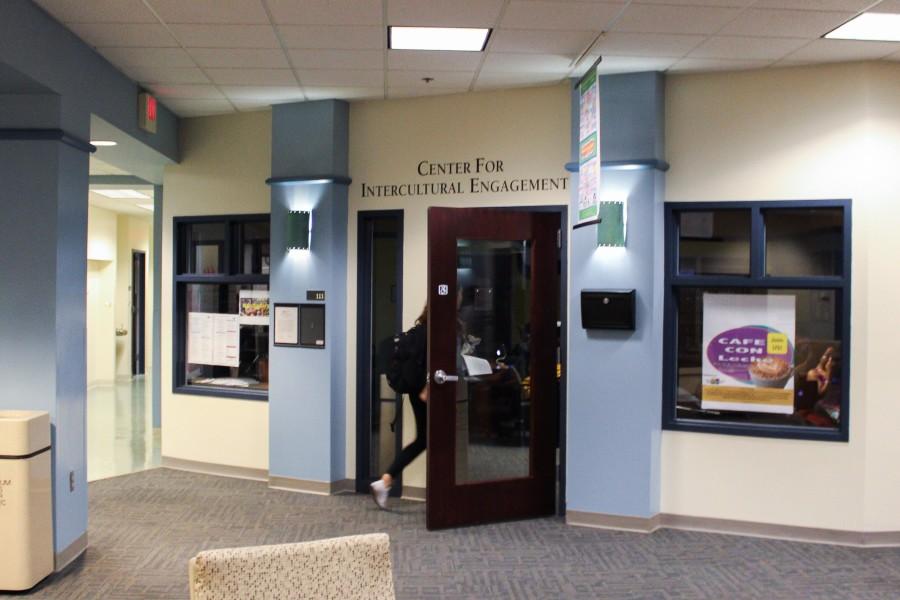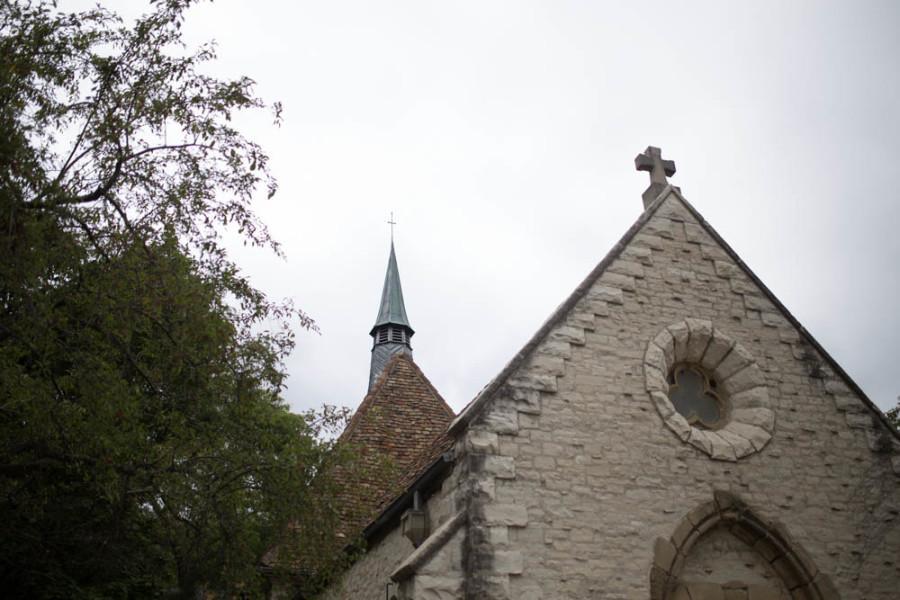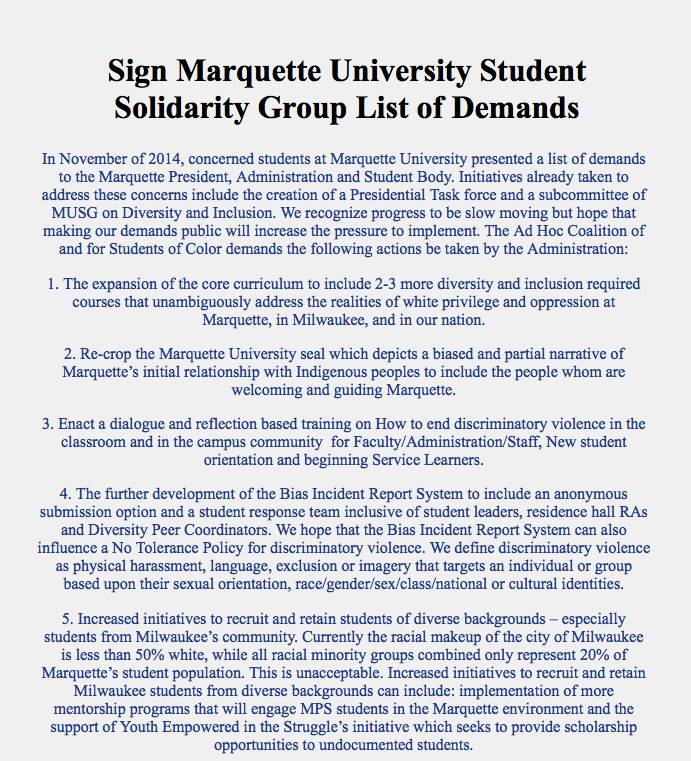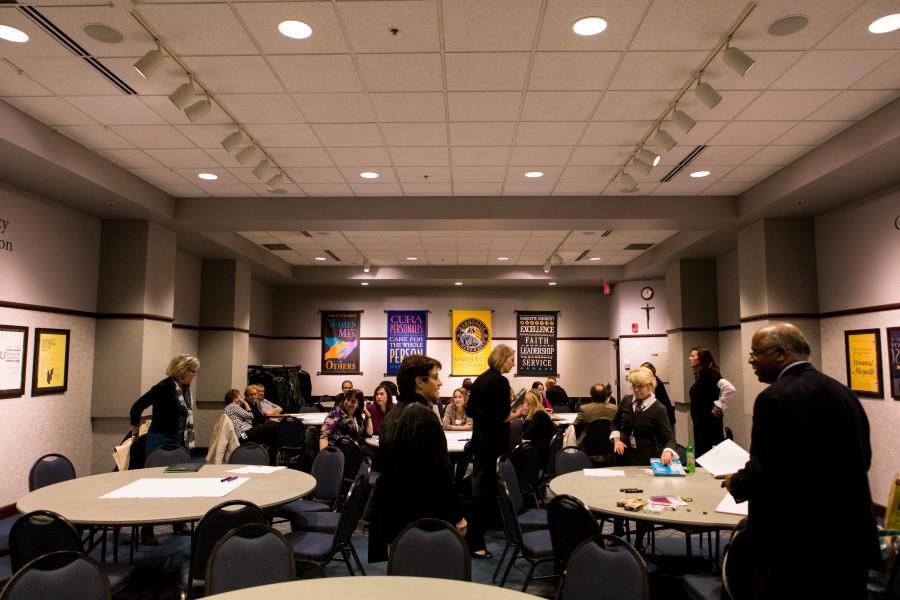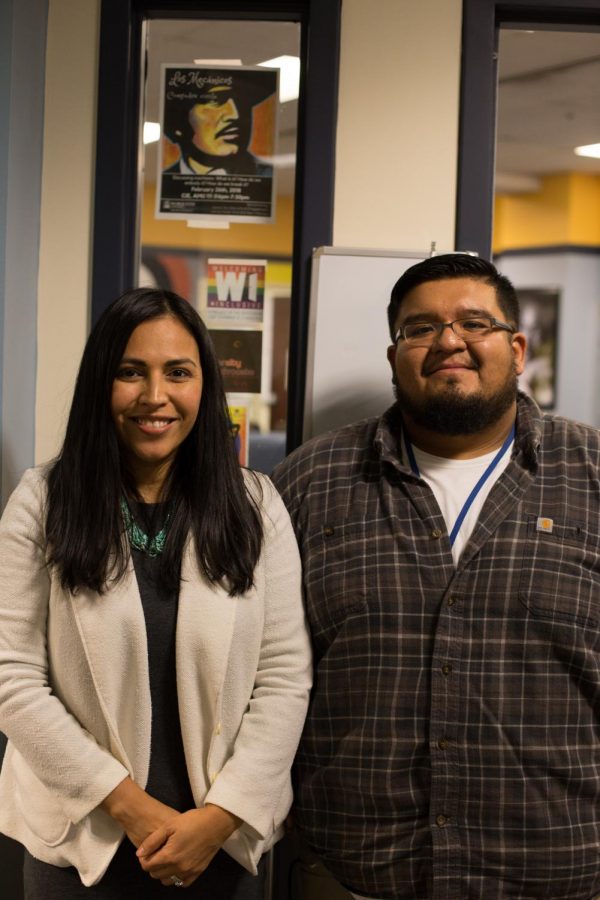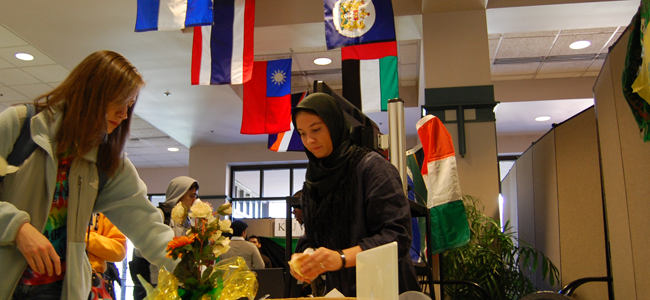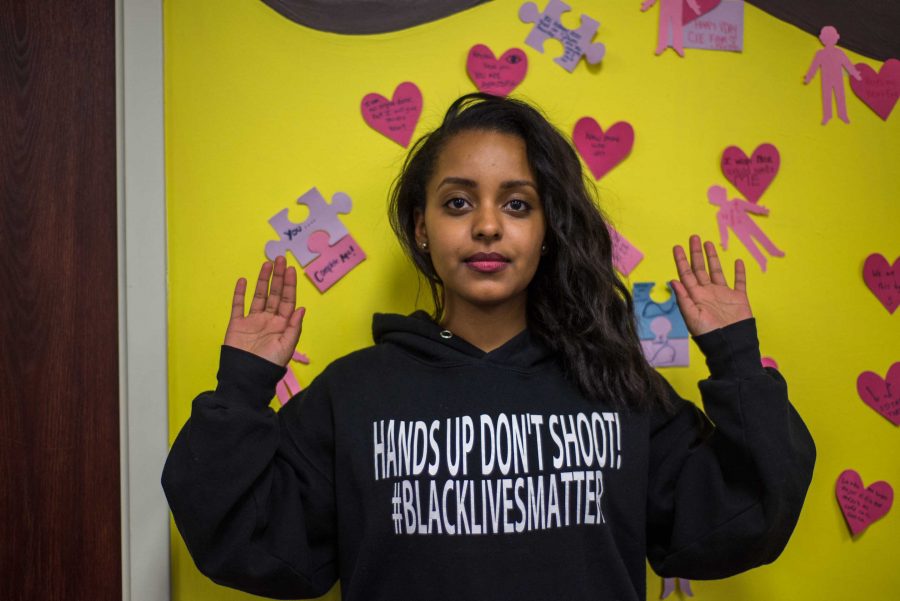The Marquette community made suggestions on how the university can improve diversity and inclusion after last week’s climate study results revealed some students felt discriminated against.
According to the survey, 19 percent of respondents personally experienced exclusionary, intimidating, offensive and/or hostile conduct. Of those respondents, 19 percent said it was because of their racial identity.
A higher percentage of racial minorities than white respondents said they experienced this conduct, with African American respondents having the most experiences at 44 percent.
Eva Martinez Powless, director of Intercultural Engagement and member of the climate study committee, said she was not surprised by the results.
“My first impression when I saw the results was kind of like, ‘this is not new to me,’” Powless said. “I knew that a lot of micro aggressions were happening because I work on a daily basis with students, but to see the numbers that backed it up was huge to me.”
Powless said the climate study shows Marquette as a hostile environment for students of color, women and LGBTQ students. She said the main statistic she took from the climate study was who the micro aggressors were.
“Many of our underrepresented students face these aggressions from their peers,” Powless said.
Ramon Rivera, a freshman in the College of Arts & Sciences, said he was dumbfounded by some of the results.
“Seeing the results on paper makes it so real,” Rivera said.
As a freshman, Rivera said he has felt included thus far, but has noticed some aggressions.
“Walking from building to building I feel like I get looked at by some students as being just another one of the minorities on campus,” Rivera said. “I haven’t felt intimidated, but I feel like if they had the opportunity to exclude me from the university they would.”
Rivera said he believes the university could improve by educating students and having workshops and events that break down barriers. He said having these would limit stereotypes between all students.
Powless said that Marquette needs to look at the university’s culture in order to make a change.
“We need to evaluate the institutional culture and really think about having intentional programming and policies that are inclusive,” Powless said.
Lauren Gilbert, a senior in the College of Education and president of the Alliance of Black School Educators at Marquette, said she hopes the culture at Marquette can change. She said she believes taking a required class that discusses race issues would help.
“Currently I’m taking a critical race and ethnic theory class,” Gilbert said. “It address white privilege and issues of race and helps educate on this subject.”
Powless said she believes Marquette has been on the right track in recent months. She said the last year was the most promising of her nine-year stint at the university.
“This is a very exciting time for Marquette and I feel very confident in President Lovell and Provost Myers,” Powless said.

